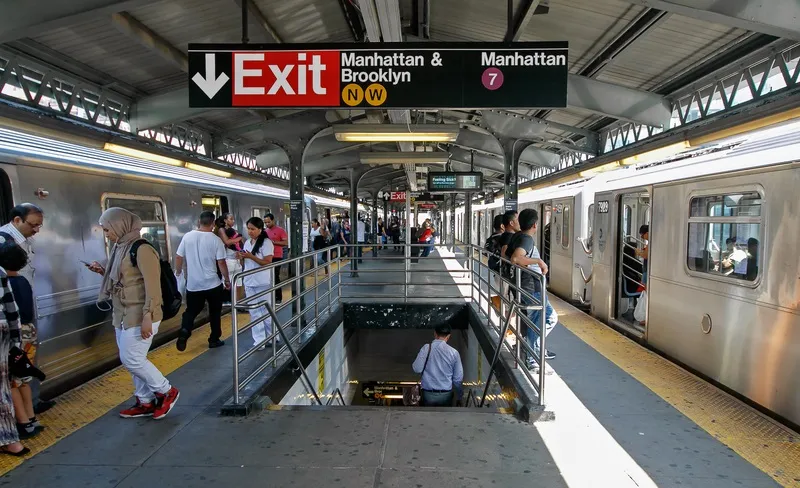
Acceptance of NFC devices is rising rapidly in France, as some of the country’s biggest companies adopt the system, says François-Xavier Godron, manager, NFC Programme for Orange France.
In his keynote speech at the Opening Summit of CARTES SECURE CONNEXIONS, he detailed the rapid rise of the technology. There are roughly six million NFC devices in service, a number that is almost doubling every year, he says. Half of the smartphones sold by Orange now have an NFC capability and the fact that US technology giant Apple has recently entered the market with its Apple Pay system “is good news for us”, he adds. “The fact that NFC is now trustable is very good news for the entire eco-system,” Godron explains. By next year, there will be 30% POS NFC coverage in France, he goes on. That figure is generally held to be the level at which NFC becomes a sustainable, working environment. This rapid rise in usage in France was partly due to major pillars of the French economy launching NFC services – and, importantly, publicising the fact, says Godron. An NFC payment service is being trialled in Strasbourg by Societe General, one of Europe’s largest financial services groups, and is due to be extended. Meanwhile, French railway system SNCF is testing an electronic ticketing system in the Basse-Normandie region and Air France has adopted electronic boarding passes. In addition, Orange’s NFC services are being extended to pay not only for retail purchases but to acquire services such as parking, Godron concludes.









